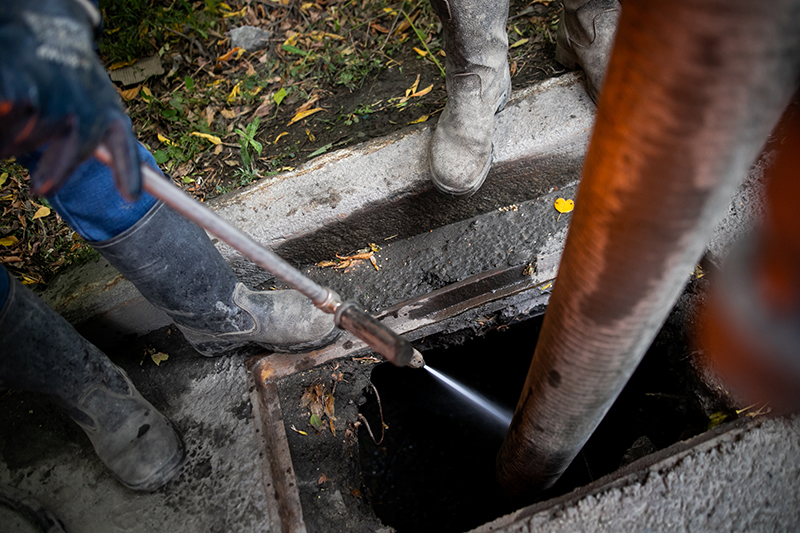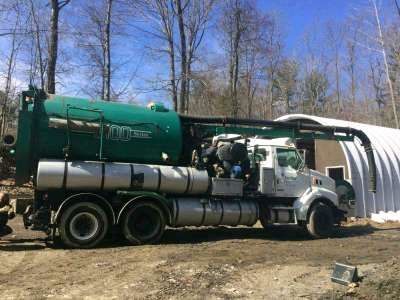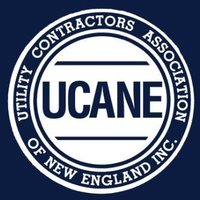
Backhoes, trenchers, and even the trusty old shovel all have their place when it comes to digging out spaces for construction related projects. However, there are a plethora of situations where these valuable tools can actually cause more damage than good. For example, a considerable amount of damage is caused when an underground gas line, power line, water line, or fiber optic line are struck during the excavation process. The good news is that a far less destructive excavation process has been developed in recent years. It is called hydro excavation.
In essence, hydro excavation significantly minimizes the risks involved when digging into the soil. Hydro excavation utilizes water in order to safely accomplish the job of both digging and removing the soil. That means the risk of damaging underground utilities with sharp metal tools is all but eliminated. The process is fairly simple. Highly pressurized water is used to break up the soil. This results in slurry that is then vacuumed into a debris tank for removal and disposal.
When all is said and done, the technique is efficient, safe, and creates far less of an environmental impact than traditional excavation digging methods. In addition, hydro excavation requires significantly less backfill, labor, and the need to restore the area once the construction project is complete. These benefits make hydro excavation the ideal method to accomplish the following types of projects.
Potholing/Daylighting: Traditional excavating methods close to underground utilities can certainly cause a multitude of issues. For example, it is easy to hit an underground line with sharp metal implements, particularly when working in an industrial plant setting. The hydro excavation methods significantly reduces this risk, and even makes it possible to cut around these underground utility lines without damaging them.
Slot Trenching: Cables, pipes, and other in-ground utilities must be carefully placed within a trench before they are buried under ground and out of sight. Although trenchers perform this task in an admirable manner, they can cause a vast amount of property damage. On the other hand, hydro excavation does not present the same issues to the surrounding landscape. In essence, it is the perfect solution when installing control valves, or running conduit and tubing underground.
Debris Removal: Hydro excavation provides a safe and cost effective solution when it comes to removing debris and cleaning out structures without damaging the structure itself. This makes it a perfect choice for removing sludge, cleaning up industrial spills, and even cleaning out catch basins that have become clogged with debris.
Finding and Exposing Utilities: Utility maps are not always accurate and older properties in particular have long forgotten lines buried on them that have not been mapped. In essence, this can make digging using backhoes and trenchers an incredibly dangerous proposition. The good news is that hydro excavation is able to locate these lines without risking damage to them.
Piling Hole Excavation: Digging piles require precise placement that is hard to achieve with traditional excavation methods. However, hydro excavation makes the process of digging piling holes easier and far more precise. This makes it ideal for digging piling holes to set light poles or pipe supports.
Cold Weather Excavation: When the ground is frozen it certainly makes the excavation process significantly more difficult. Trenchers, backhoes, and shovels are not equipped to work in these conditions. Often times, you must wait until the ground thaws before using these tools. Conversely, hydro excavators are equipped with heaters that warm the water so that it thaws the soil as it cuts through it. This eliminates the need to warm the soil using coal, wood, or fuel consuming fires that introduce pollutants into the soil and air; and that makes hydro excavation a far more ecologically friendly option to consider.
Remote Digging: There are a plethora of times when you must dig in extremely confined spaces that traditional excavating equipment simply cannot reach. Hydro excavation equipment can be located far away from the actual dig site, which makes it easier to reach into these spaces and conduct the excavation. This reduces the need for restoration and reconstruction following these types of digs and helps to keep the cost of the project from spiraling out of control.
If you have any questions about the hydro excavation process, or would like to schedule service we are happy to help. Jolin Paving & Excavating, Inc. is your New England connection for a vast variety of environmentally related services. Our company has been serving Boston Massachusetts, Southern NH, VT & ME as well as Northern CT & RI since 1952. Please Contact us to learn more today.
continue reading





